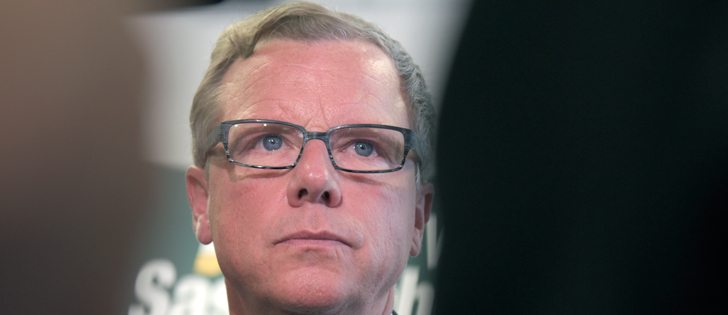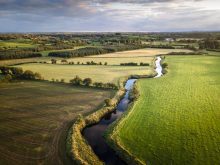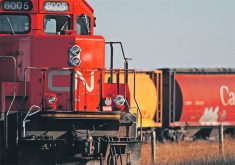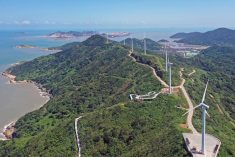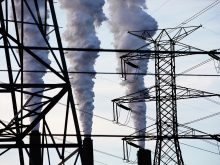Premier Brad Wall says Saskatchewan farmers should receive credit for the carbon they store on their land.
Speaking to the Regina Chamber of Commerce Oct. 18, he outlined the province’s plan for climate change, focusing on adaptation and innovation.
He told the crowd that the federal government hasn’t said whether it will recognize the province’s work to capture carbon and store it, at Boundary Dam, or the carbon that farmers store.
“Our farmland, 40 percent of Canada’s arable land in our province, absorbed 11.4 million tonnes of carbon in 2014, thanks in part to zero till practices pioneered in Saskatchewan,” he said.
Read Also
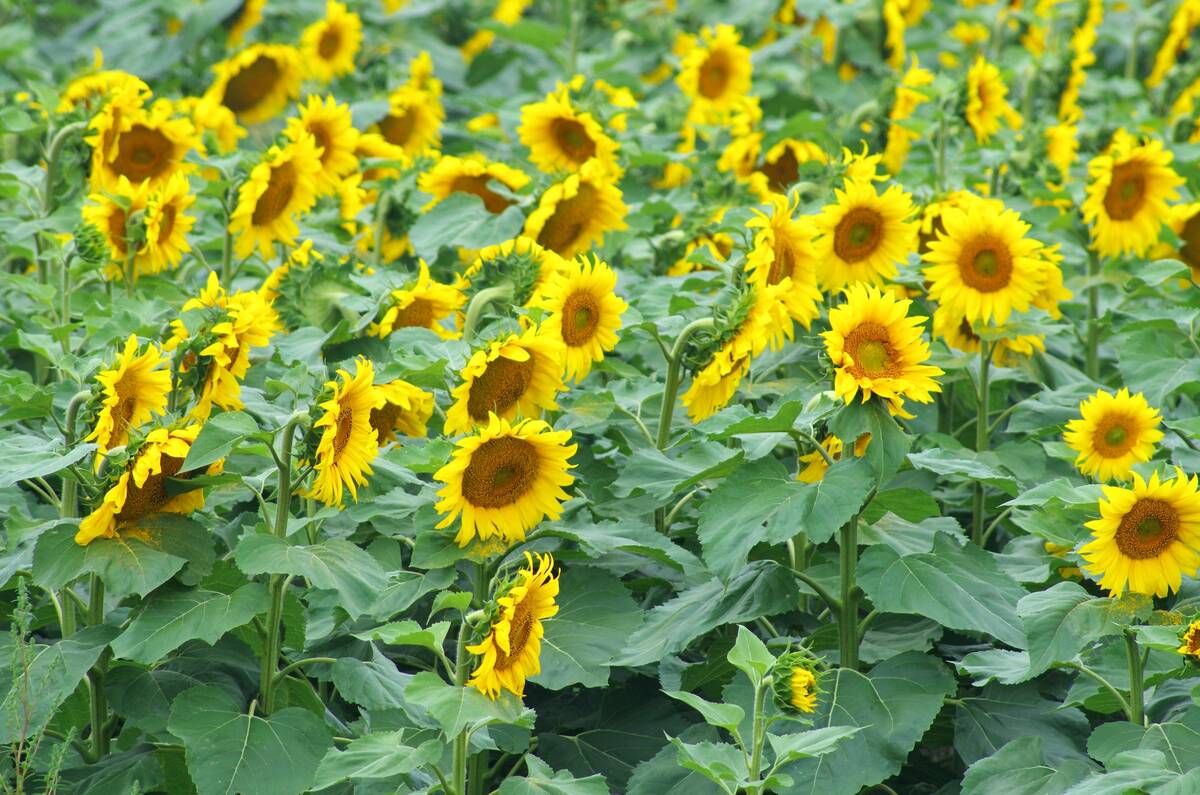
Bird repellent gets emergency approval for sunflowers
Bird repellent gets emergency approval for sunflowers
Increasing acreage of pulse crops has reduced greenhouse gas emissions by another two million tonnes, he said, but these figures aren’t included in the data used when talking about reductions.
“When you throw in the carbon sequestration or the fixing that occurs in natural grasslands or pastures, and we haven’t quantified that yet, it’s significant,” Wall said.
The government white paper notes that soils do become saturated and then start to add carbon back into the atmosphere.
“Saskatchewan’s Ministry of Agriculture and (Agriculture and ) Agri-Food Canada estimate that by 2020, the annual amount of carbon that is sequestered in our soils will drop to 8.86 metric tonnes,” said the paper.
“By 2030, that number will drop to 6.6 tonnes. This makes it imperative to develop a system of accounting, verification and credits alluded to in the Vancouver Declaration.”
The declaration is an agreement by Ottawa and the provinces on next steps in the climate change battle.
The paper also acknowledges that agriculture in the province is nearly carbon neutral with emissions of 12.7 tonnes in 2014, or about 17 percent of the province’s total emissions.
“Meeting the target of reducing emissions by 30 percent below 2005 levels while continuing to increase production will be a real challenge for the food sector,” it said. “In Saskatchewan, annual emissions would have to drop to 8.9 tonnes by 2030.”
Wall emphatically repeated his message that a carbon tax will only hurt carbon intense industries such as agriculture, mining and energy without actually reducing emissions.
For example, Saskatchewan canola crushers would face extra costs of about $1 million per year at a $10-per-tonne floor price for carbon and $5 million by the end of the federal government’s plan to hike it to $50 per tonne.
“If their competitors for crushing canola in the United States don’t have a similar carbon tax, how would we compete?” Wall said.
Contact karen.briere@producer.com




